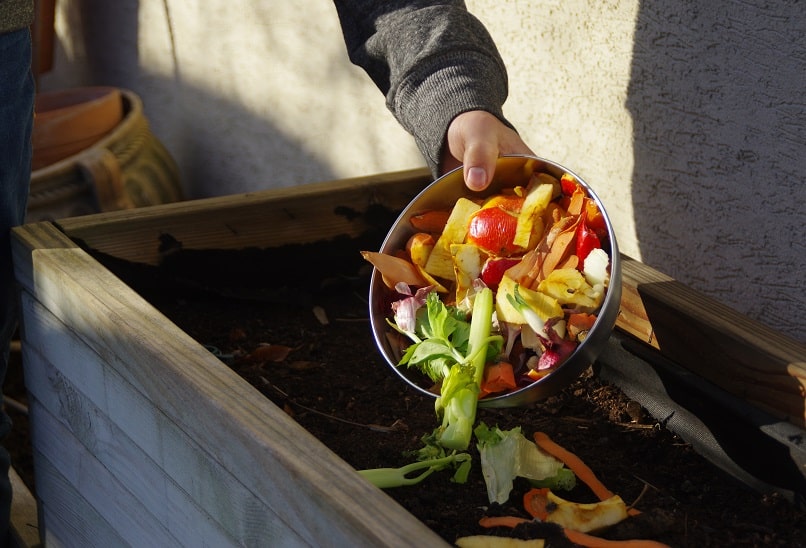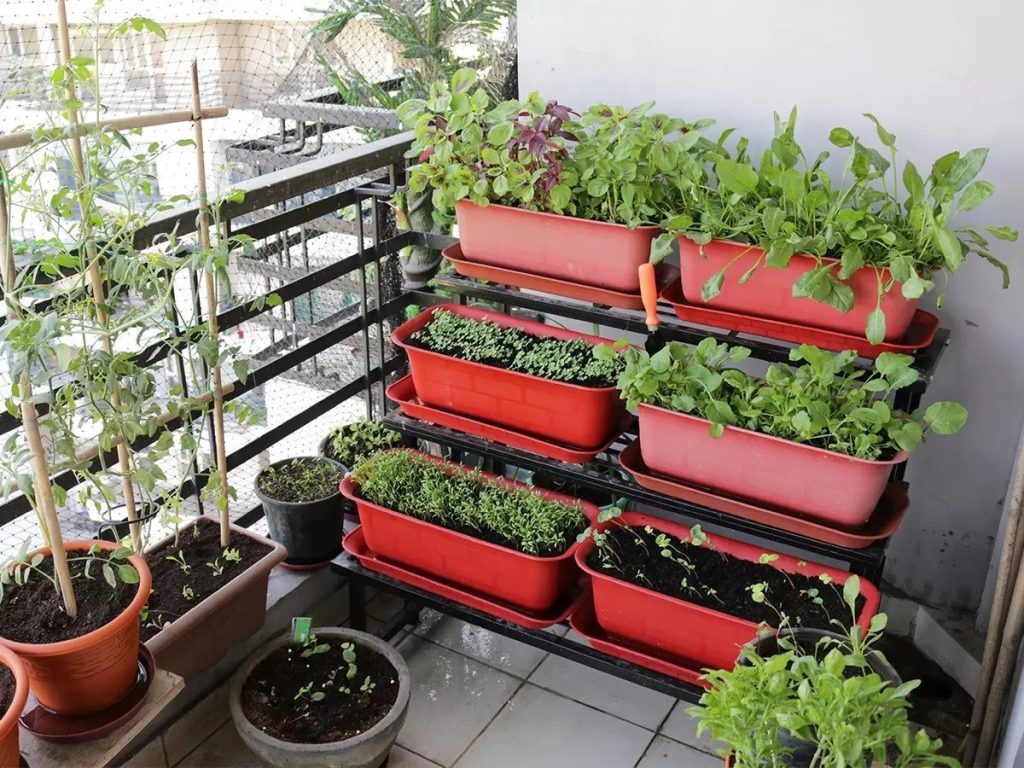
Ultra smart practices to make your kitchen more sustainable
Following eco-friendly practices in our kitchen is not just about following a trend; it is a conscious decision that not only helps take a step towards a sustainable future but also helps save costs in the long run. In this blog, we’ll explore some important eco-friendly practices that every home cook should integrate into their kitchen routine. From reducing waste to choosing sustainable swaps, these practices not only benefit the planet but also contribute to a healthier and more conscious way of living. Join Ultra on this green culinary journey, where sustainability meets the joy of cooking.
Make the change
Sustainable kitchen swaps are simple changes that can make a big impact on reducing waste and promoting eco-friendliness. Swap plastic bags for reusable containers, disposable water bottles for refillable ones, and paper towels for cloth towels. Replace plastic straws with metal or glass straws and switch to beeswax wraps or reusable silicone bags for food storage. These small changes can significantly reduce plastic waste, conserve resources, and create a more sustainable kitchen. By making these swaps, you’ll be contributing to a healthier planet and inspiring others to do the same. Start swapping today and make a difference.

Plan your meal

Conscious meal planning reduces environmental impact while promoting healthy eating. Key principles include using locally sourced, seasonal ingredients, reducing food waste, and incorporating plant-based meals. Choose whole foods over processed products, and opt for sustainable protein sources like beans and lentils. By planning meals in advance and getting creative with leftovers, you can reduce waste and support local farmers. Sustainable meal planning benefits both your health and the planet, making it a win-win for individuals and the environment. Start by making small changes to your meal planning habits and enjoy the positive impact.
Save water
Saving water in the kitchen is a vital sustainable practice that can significantly reduce water waste. Turning off the tap while washing vegetables, fixing leaks, and using a basin for washing dishes are simple yet effective habits. Using a water-efficient dishwasher and collecting rainwater for non-potable uses can also make a big difference. By adopting these practices, households can conserve water, reduce their environmental footprint, and contribute to a more sustainable future. Every small action counts, and making these habits a part of daily routine can have a lasting impact on the environment.

Minimize plastic use

Reducing the use of plastic is a crucial step towards reducing waste and promoting sustainability. Single-use plastics, such as bags, straws, containers and water bottles, contribute to pollution, harm wildlife, and contaminate our environment. By switching to reusable alternatives like cloth bags, stainless steel straws, steel containers and refillable water bottles, we can significantly reduce plastic waste. Make a conscious effort to avoid plastic packaging, choose products with minimal or biodegradable packaging, and support businesses that prioritize sustainability. Collective action can lead to a significant reduction in plastic waste and a healthier planet.
Compost your kitchen waste
Composting is a simple yet effective way to reduce waste and create nutrient-rich soil for your garden. By composting food scraps, yard trimmings, and other organic materials, you can divert waste from landfills and reduce greenhouse gas emissions. Composting also helps to conserve water, suppress plant diseases, and support healthy plant growth. Start composting today by setting up a bin, adding organic kitchen waste materials, and maintaining the right balance of waste materials. With a little effort, you can turn waste into a valuable resource for your garden and the environment.

Grow your own kitchen garden

Growing your own kitchen garden is a rewarding experience that provides fresh produce, reduces carbon footprint, and promotes sustainability. By cultivating a variety of herbs, vegetables, and fruits, you can enjoy flavourful and nutritious food while saving money on grocery bills. With a small area for gardening or even just a few pots, you can create a thriving kitchen garden. Regular maintenance and care will yield a bountiful harvest, allowing you to savour the taste of homegrown goodness and connect with nature. Start small and enjoy the benefits of growing your own food today.
“Embracing sustainable kitchen practices is a journey, not a destination.”

